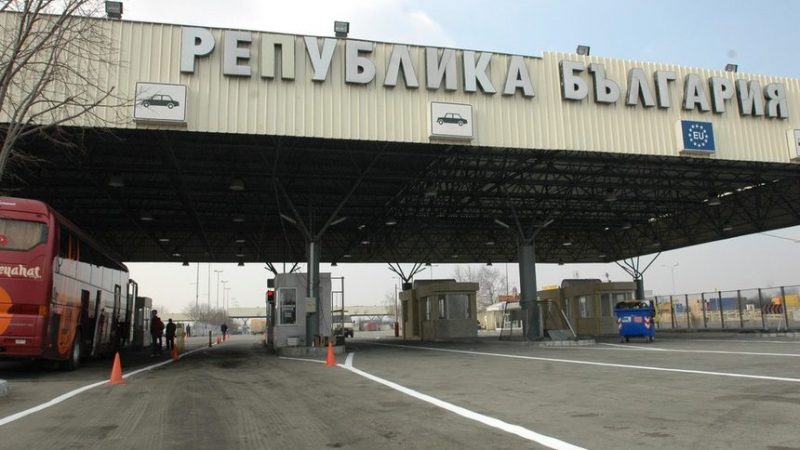The RE-Source Southeast event took place in May 2023, bringing together renewable energy producers and traders, as well as investors and consumers to share their experiences on the path to decarbonisation. ProCredit Bank Supervisory Board member Patrick Zeitinger joined a panel discussion on emerging trends and future developments.
“We are pleased to see that the Bulgarian market is opening up and that Bulgarian project developers, small and medium-sized enterprises, regulators and even politicians have come here specifically to talk about renewable energy financing,” Mr Zeitinger remarked at the beginning.
He notes that the market is not yet fully developed and there is room for significant growth; he is speaking from years of international practice as ProCredit Bank has been involved in green financing for more than 15 years. Based in Germany, the financial institution has amassed experience in a far more developed renewable energy market and has always placed lowering the environmental risk of its own operations at the heart of its business model. The bank has installed its own rooftop photovoltaic systems in Bulgaria, among other countries, and for more than four years now has also been deliberately incentivising its clients to build such plants, thus helping to reduce their carbon footprint. For almost a decade, electric vehicles have been the main means of transport to and from meetings with clients, and its network of free charging stations is another step towards the institution’s sustainable approach.
Electricity prices, however, are highly volatile, making it difficult to finance some projects in the field of renewable sources.
“I think that Bulgaria nevertheless provides a very good environment for financing rooftop PVs or other forms of renewable energy for self-consumption,” he added.
Photovoltaic electricity for self-consumption may not even require the plant to be connected to the grid, but this is preferable so as to be able to share the electricity generated with other users, too. In future, distributed PV systems of this type are expected to become ever more important for the overall energy capacity. Distributed PVs are projected to provide over 40% of this capacity, and the trend is already visible. This kind of investment has been growing significantly, and it has made a tangible impact, especially regarding sustainability: cutting carbon emissions and also opening up new market opportunities that will be increasing in the future.
As a result, the market is undergoing a wholesale change, because in the past the focus of large international corporations was not so much on sustainability as on developing fossil fuel projects which, predictably, had no room for small producers. Renewable technologies enable significantly smaller generating facilities to produce energy efficiently.
In recent years, ProCredit Bank has gained experience in financing energy communities, also known as energy cooperatives, in the Greek market as well. This is not a new type of legal entity and has been used in Western Europe for over 100 years. Patrick Zeitinger explains “the idea is simple: people can set up a legal organisation that enables them to invest in their own electricity production facilities and in turn the power is consumed in the local region. They can thus invest capital in a long-term, sustainable and profitable undertaking”.
Working with local communities, ProCredit Bank analyses the operating conditions under which the investment is made and identifies projects for support that will bring the greatest added value to the environment and to the community. Power plants should preferably be built on non-productive land, and cooperatives that can implement the investment in their own back yard are also given precedence. The idea is that people should regard the plant as a source of valuable income and not as something troublesome. This shifts the public attitude and makes the energy transition far more popular.
Through the EU Green Taxonomy, the European Commission seeks to determine which economic activities will be classed as environmentally sustainable in future. This is a long-term policy project intended to turn Europe into the first carbon-neutral continent by 2050. It brings green financing into the spotlight, and the financial sector will be playing an ever greater role in this respect. In the future, all banks will have to disclose their green asset ratio, i.e. the ratio of green loans to total loans. Given that ProCredit Bank already has a portfolio of over 20% green loans at group level within the Group Green Finance Framework, the institution’s early entry into this sphere will yield good results. Zeitinger points out that it would also be fair to offer some form of capital relief to banks extending green loans compared to those extending non-green loans.
“The taxonomy sets rigorous requirements regarding ESG (environment, social and governance) practices which companies can and should learn from”. Compared to other market participants, ProCredit Bank is already way ahead with regard to ESG, and the EU Taxonomy will actually reward us for this. It will cost us less to comply with these criteria, which are currently establishing themselves as the standard market practice”.

